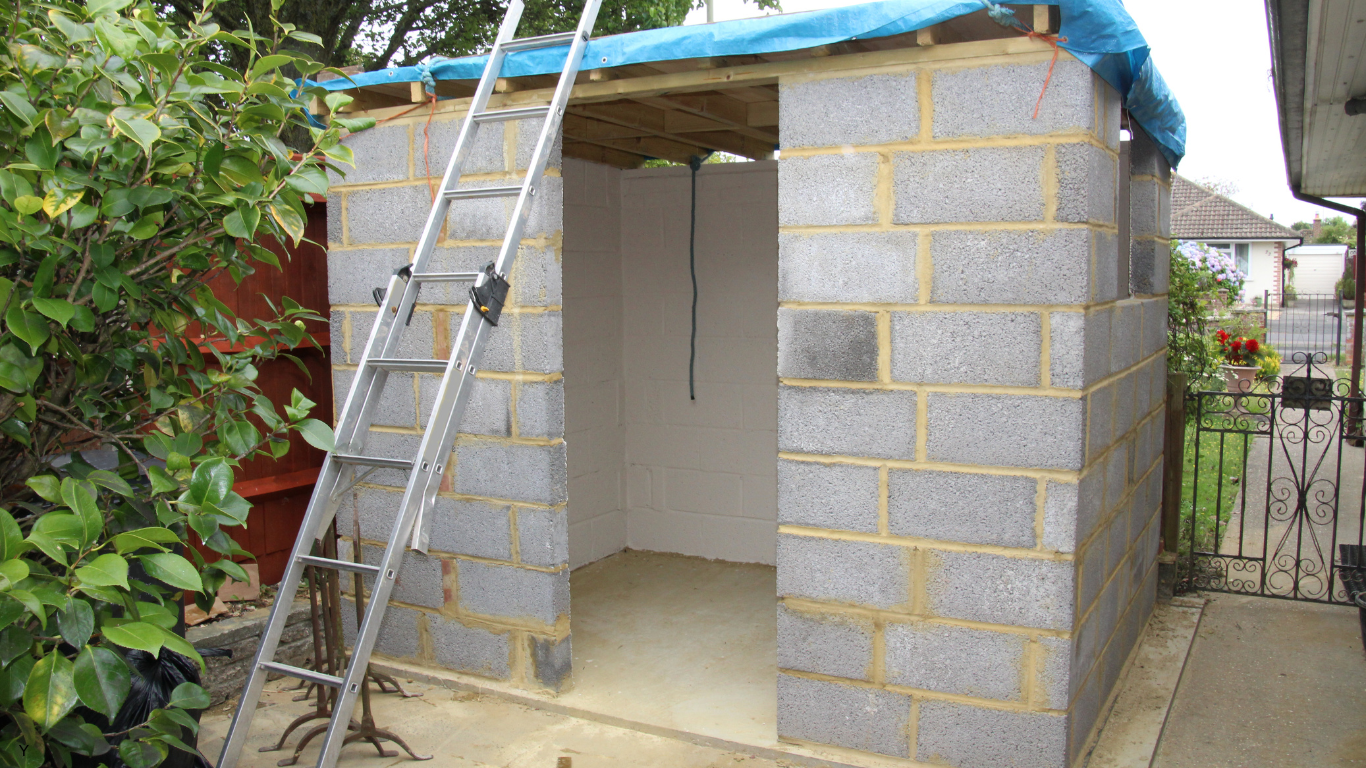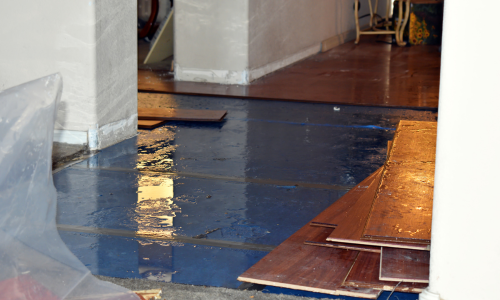
INFORMING AND EDUCATING FLORIDA’S CONSTRUCTION INDUSTRY
Search all of our posts for the information you need
Recent Court Decisions
This case arises from a payment dispute between a roofing contractor and a homeowner. The roofing contractor hired a collection company to collect the unpaid contract balance and the homeowner argued in litigation that this only allowed the collection company, not the roofer, to sue the homeowner to recover the balance due.
This case arises from a restitution order requiring an unlicensed contractor to pay a homeowner $86,000.00. The case explores the type of evidence required to support a restitution award.
This case arises after a successful construction lien foreclosure by a general contractor. After the sale, the property owner attempted to have the sale overturned, claiming the sale price was too low and that it had not received adequate notice of the sale.
This case arises from a dispute between a homeowner and contractor and addresses how Florida’s lien discharge statute found in 713.21, Florida Statutes, applies when a contractor files suit to foreclose a lien and a homeowner responds with a claim under 713.21, Florida Statutes.
This case arises from a dispute between a restoration contractor and a condominium association. After the contractor’s construction lien expired, it filed suit to recover payment. The association challenged the payment claim, arguing that expiration of the lien also extinguished the payment claim and won. On appeal, the contractor sought reversal based on a specific provision of Florida’s construction lien law.
This case arises from dispute between a homeowner and a contractor regarding a home remodel. After the homeowner terminated the contractor from the project, litigation ensued. While the homeowner initially recovered just under $500,000.00 at trial, this was reversed on appeal due to issues with the timing of the damages calculations.
This case arises from a trial court’s determination that an assignment of benefits agreement between a contractor and homeowner regarding water damage mitigation was invalid. While many similar court decisions apply paragraph 2 of Florida’s Assignment of Benefits Statute to invalidate these types of agreements, this one applies a different paragraph of the same statute and reaches a different result.
This case from Florida’s Fifth District Court of Appeal thoroughly evaluates the licensing requirements for business engaged in contracting in Florida and concludes that it is not sufficient for an owner of the company to have a license. The license holder must also formally become the qualifying agent for the company. In this case, the lack of proper licensure resulted in the contractor’s contract for a new home being declared unenforceable.
This case from Florida’s Third DCA arises from a lawsuit between a condominium and its builder over various claimed defects in the construction. The court’s decision ultimately turned on the sufficiency of the evidence related to damages presented at trial and the jury instructions used in the case.
This case from Florida’s Second District Court of Appeal arises from a dispute over hours charged by a staffing company and a related charge of less than $3,000.00. After having its fraudulent lien claim dismissed during trial, the property owner appealed, having that ruling reversed, only to have the trial court’s ruling in favor of the staffing company on its good-faith-dispute defense save the staffing company. The appellate court also found that the trial court applied the wrong test in awarding attorneys’ fees and reversed an award of $85,000.00 in attorneys’ fees to the staffing company.
A dispute over $2,500.00 in overlooked soft-close cabinet drawers, quickly escalates into claims over fraudulent Google reviews, a federal lawsuit, and over $500,000.00 in damages.
This case from Florida’s Third District Court of Appeal addresses Florida’s statute declaring that contracts entered into by unlicensed contractors are unenforceable.
Florida’s Third District Court of Appeal recently declined to reverse a trial court’s refusal to increase the amount a construction lien transfer deposit and the trial court’s related discharge of a lis pendens. The decision seems to rest, at least in part, on the fact that the lien foreclosure action and related breach of contract claims were progressing in two separate, unconsolidated cases.
This case arises from a dispute between a unit owner in a condominium and the general contractor who built it. When the trial court failed to require the unit owner to comply with Florida’s Notice and Opportunity to Repair Statute, the general contractor appealed.
Florida’s First District Court of Appeal recently reversed a trial court’s denial of a general contractor’s motion for attorneys’ fees filed against a stucco subcontractor, finding that the apportionment of damages in primary claims between the property owner and general contractor should have no bearing on the prevailing party status of the general contractor on third-party claims against subcontractors.
Florida’s Third DCA reversed a trial court’s ruling that a property owner could seek punitive damages from a roadway contractor that improperly used the owner’s property as a staging area for construction. While the trial court found that the contractor had acted intentionally, the appellate court noted that to pursue punitive damages against a corporate entity, additional evidence of corporate involvement needed to be presented and was not.
11th Circuit court of appeal reverses dismissal with prejudice of breach of contract and copyright claims asserted by architect, finding that factual issues surrounding the basis for termination preclude disposition of the claims on a motion to dismiss. The court found this to be the case despite the existence of a termination for convenience provision in the contract.
Florida’s Fourth District Court of Appeal reinstated a contractor’s construction lien after finding that alleged unlicensed contracting in violation of local ordinances did not trigger the application of 489.128, Florida Statute. The court does a good job of outlining the differences between state and local licensing laws and the penalties and scope of enforcement available at the state and local level.
This case from Florida’s Fourth District Court of Appeal addresses the issue of whether an electrical contractor can contractor for work that includes the scope of work typically reserved to licensed underground utility and excavation contractors.
In a short opinion, Florida’s Third District Court of Appeal affirmed a final judgment foreclosing a lien in favor of a general contractor. While the opinion is short and without elaboration, reviewing the underlying trial docket raises questions about the acceptable forms for contractor’s payment affidavits and pleading affirmative defenses relating to lien claims.
Florida’s Second District Court of Appeal affirmed dismissal of a lawsuit brought by a roofing contractor against an insurance carrier on behalf of an insured, finding that the assignment of benefits contract between the contractor and insured did not strictly comply with the requirements of section 627.7152, Florida Statutes.
The orders found that, as a matter of law, the two general contractors in those cases had a duty to supervise, direct, manage, and control the work to ensure compliance with the Florida Building Code, and that such duty could not be delegated to subcontractors or other parties working on the project. The impact of the decisions appears to limit the relevant general contractors’ ability to require liability to be apportioned between various subcontractors.
In a really thorough and well-written opinion, Florida’s Third District Court of Appeal affirmed a $525,000 judgment in favor of a condominium unit owner arising from dispute over billings in a cost plus contract. The case is a great example with lots of good warnings and takeaways for those in the construction industry of how broad ranging construction disputes can become, the issues they often turn on, and how important experts can be to the outcome of the case.
A case decided yesterday by Florida’s First District Court of Appeal imposed a $71,444 judgment on a fence company for failing to complete a project under the terms of the original contract and then the terms of an agreed understanding between the parties on the completion date.
Last week Florida’s Fourth District Court of Appeal issued an opinion the described and confirmed the ways breach of contract damages can be calculated in construction disputes and allowed termination of a contract for failure to pull proper permits. This case serves as a good reminder to do things the right way and has some great discussion of the type of information contractors should expect to provide in court over a payment dispute.
Click here for summaries of all of the new statutes enacted during the 2025 Florida Legislative Session that impact Florida’s construction industry.


























